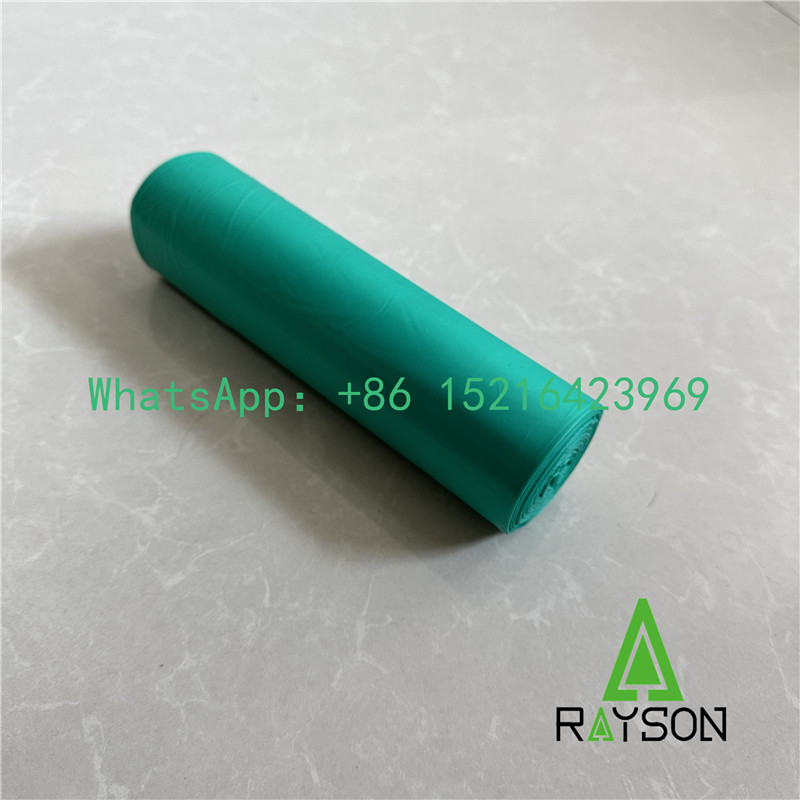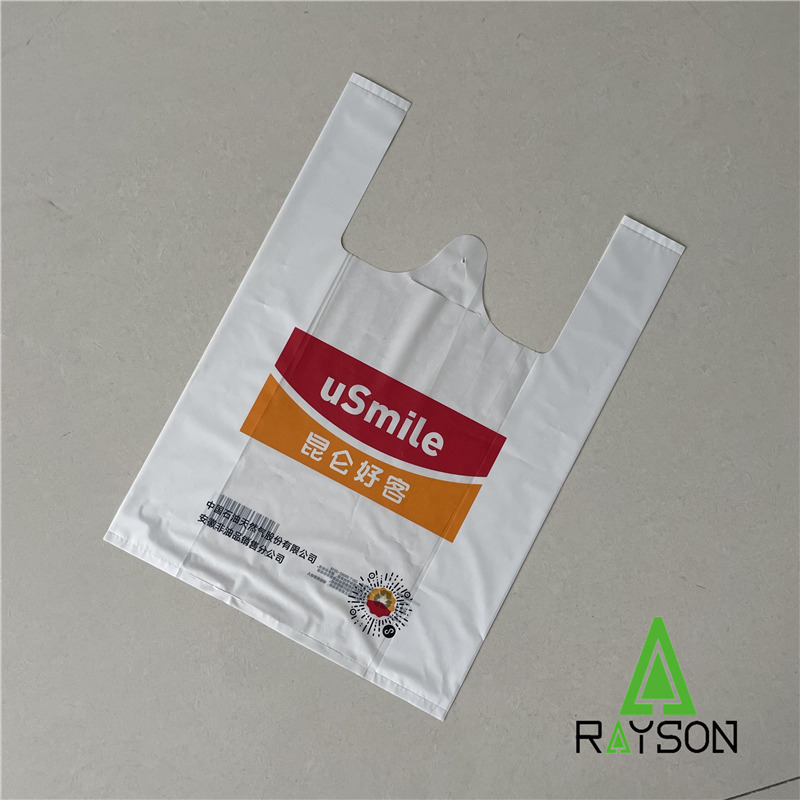Industry news
The Future of Compostable Bags: An Eco-Friendly Choice

In recent years, compostable bags have gained significant attention as a sustainable alternative to traditional plastic bags. With increasing global awareness of environmental protection, the demand for eco-friendly solutions in packaging continues to rise. Let’s explore the development prospects, advantages and disadvantages, and storage tips for compostable bags.
Development Prospects:
The future of compostable bags looks promising, driven by growing environmental regulations and consumer preference for sustainable products. Governments worldwide are imposing bans or restrictions on single-use plastics, creating a substantial market opportunity for compostable alternatives. Businesses, from retail to food packaging, are embracing these bags to reduce their carbon footprint and align with green initiatives.
In addition, with advancements in the modification technology of compostable raw materials and the reduction in raw material costs, the price of compostable bags has gradually entered a range acceptable to the general public, leading to a steadily growing demand for these bags.
Advantages of Compostable Bags:
Eco-Friendly: Compostable bags decompose into natural elements like water, carbon dioxide, and organic matter, leaving no harmful residues.
Renewable Resources: Made from renewable plant-based materials, they reduce dependence on fossil fuels.
Versatility: Available in various sizes and styles, compostable bags can meet diverse needs, from grocery shopping to waste disposal.
Compliance with Regulations: Using compostable bags helps businesses comply with environmental laws and demonstrate corporate social
responsibility.
Disadvantages of Compostable Bags
Cost: Compostable bags are often more expensive than traditional plastic bags due to the cost of raw materials and production processes.
Storage Requirements: They require specific storage conditions to maintain their integrity, as they can degrade under high humidity or temperature fluctuations.
Limited Decomposition: Compostable bags need industrial composting facilities to decompose effectively, as home composting conditions may not be sufficient.
Durability: While improvements are ongoing, some compostable bags may lack the strength and longevity of conventional plastic bags.
Tips for Proper Storage
To ensure the quality and usability of compostable bags, proper storage is essential: Cool, Dry Environment: Store bags in a cool, dry place away from direct sunlight and moisture to prevent premature degradation.
Temperature Control: Keep storage temperatures between 15°C to 30°C (59°F to 86°F) for optimal performance.
Use Within Shelf Life: Check the product's shelf life and use it within the recommended period to ensure effectiveness.


